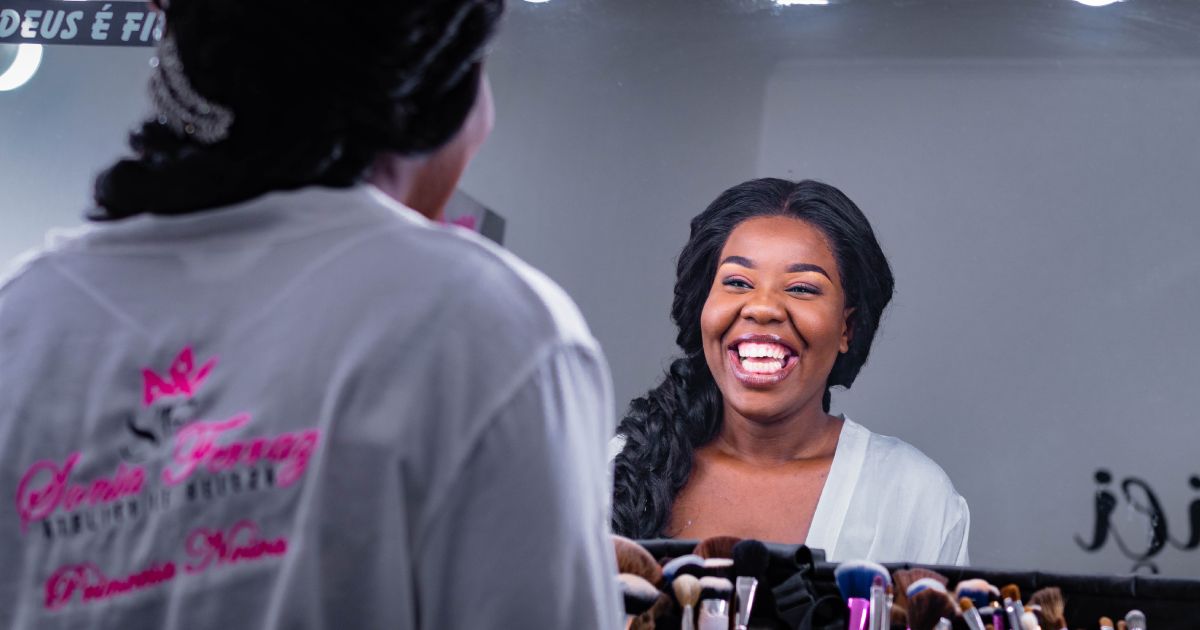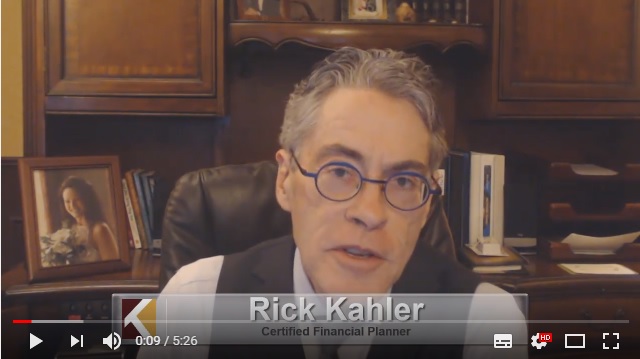The following blog is by Rick Kahler originally published in Rick Kahler’s Blog – Financial Awakenings.

Giving away money makes people happy. Spending money on others makes people happier than spending money on themselves. Spending money on experiences makes people happier than spending money on things.
Does that mean it’s okay to max out your credit card to take all 37 members of your extended family on a cruise for Christmas?
Not exactly.
Yes, research shows that some kinds of spending are linked to happiness. Andrew Blackman cites some of that research in an excellent article, “Can Money Buy Happiness?”, published online November 10 in The Wall Street Journal.
Before you pull out the plastic and start shopping, though, there’s one important point to keep in mind: Any spending to create happiness must come from your discretionary money. This is money we have available to spend for our lifestyle, after we’ve paid all our fixed expenses like rent, loan payments, utilities, retirement contributions, building emergency reserves, insurance premiums, etc.
Discretionary spending can include luxuries or extras like eating out, vacations, gifts, entertainment, and gadgets of all types. But it also can include items that may be necessities or fixed expenses like housing, vehicles, clothing, and food. For example, owning a car is a necessity for most South Dakotans. However, a 10-year-old Toyota Avalon with 90,000 miles on the odometer, well maintained, can transport you just as effectively as a new model. The older model costs around $10,000; the new one costs around $35,000. The $25,000 difference is discretionary spending.
If you want more discretionary money for happiness spending, like giving or experiences, you might choose to spend more frugally on necessities. The other option, borrowing for happiness spending, generally doesn’t work. Research finds that borrowing and debt creates unhappiness that pretty much cancels out the happiness created by the spending.
Elizabeth Dunn, associate professor of psychology at the University of British Columbia and co-author of the book Happy Money, puts it this way in The Wall Street Journal article: “Savings are good for happiness; debt is bad for happiness. But debt is more potently bad than savings are good.”
In a series of studies, Prof. Dunn found that the spending producing the highest amount of happiness was spending on others. She found it wasn’t the dollar amount given but the perceived impact of the gift that mattered. Seeing your money make an impact in someone’s life will produce happiness, even though the gift is very small.
The impact experiences have on our lives may be the reason we gain more happiness from experiences than from material things. Even though we tend to see tangible things as offering more value, the memories and learning we gain from experiences actually provide more happiness.
Creating experiences can involve the purchase of some stuff. Buying baseball equipment with the intention of playing with your children is one example. Buying a camper or a boat for shared family experiences is another. Of course, buying stuff to be used in creating experiences only creates happiness if you use it. We don’t gain much happiness from sports equipment gathering dust in the basement or a camper abandoned in the back yard.
After reading this research on the value of spending on giving and experiences, I came up with what might be the ultimate happiness spending scenario: Giving the gift of an experience that includes both the recipient and the giver. While I haven’t found any research validating that hypothesis, I am guessing this may be the perfect happiness two-for-one.
Maybe, if you can afford it out of discretionary money, taking the family on that cruise isn’t such a bad idea after all.







0 Comments